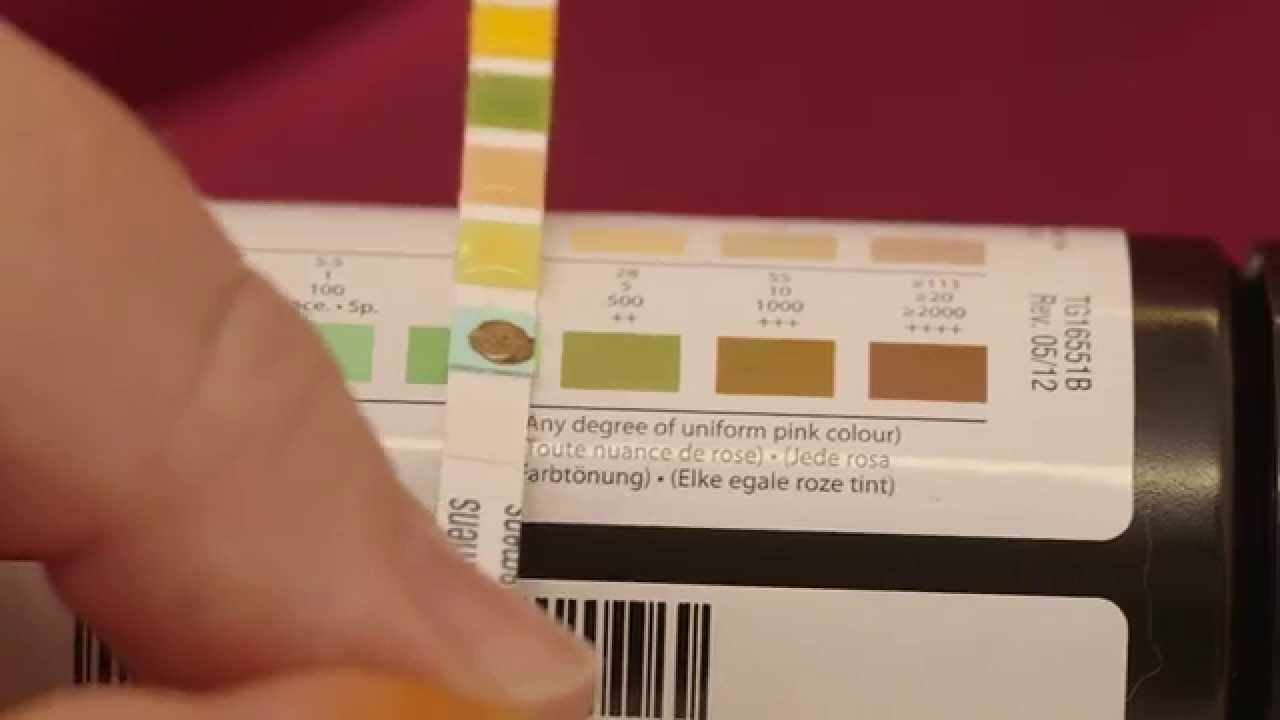
The right equipment to collate the results from your cat’s home urine tests will make a dramatic difference towards her recovery from diabetes. The 2nd in my series…
Need to start at the beginning? Read collecting feline urine samples before taking the steps on this page. The article following covers interpreting the results.
Using a dipstick kit to measure glucose and ketones
You will need this dipstick kit for checking how your cat’s diabetes is going. These dipstick measure glucose and ketones.
The sticks need to keep kept cool and dry, so just select one stick at a time. Touch only the ‘plastic’ end, and put the lid back on the container (WITH the dehydrating little sack still inside!).
How to use the dipstick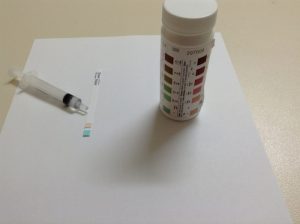
You will need these items in order to conduct drama free, accurate home urine tests.
- Absorbent paper: Place the stick flat on the paper or the next step will result in urine everywhere!
- Collected urine using one of the methods I have shown below
- Fresh dipstick
- Time to read the Dipstick instructions
- Patience. It takes a little practice to master these steps
Follow my written or video instructions for using a feline multipad dipstick effectively at home.
The indicator sheet does come off the bottle quite nicely if you are careful. Sticking it onto a flat piece of paper (and keeping it!) makes reading easier than having to rotate the bottle while trying to read the side of it!
Managing diabetic cats and collecting feline blood at home
Checking your pet cat’s blood glucose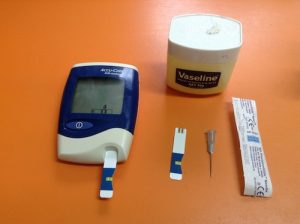
The most complex monitoring (short of the remote version being tested in universities) is direct blood sample monitoring.
The equipment is simple and readily available, and these are the things you will need to do it.
You will have to get your vet to show you how, and what levels of glucose you are looking for.
The Vaseline is to put over the ear vein so the blood wells up instead of spreading out in the hair – and that is the trickiest part.
I have a a few videos about collecting blood which you will find particularly useful also. Good luck!
Checking weight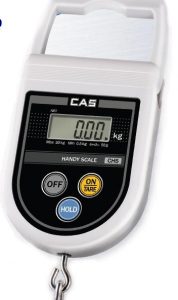
Checking weight is pretty easy if you have the correct equipment – and RECORD it! You need to be able to measure down to 10’s of grams (single ounces), not 100 grams (normal bathroom scales for people have too large an error to be useful).
Learn more about quality monitoring at home when Fluffy has feline diabetes
You can use kitchen scales that go to 5 kg or – better – 10 kgs if you have a handy person who can make a stable platform for the cat (+/- carrier) to perch on.
An indirect but easier method is using the luggage or fishing weight scales that are available.
Digital scales, of the type in the picture measure to 2 decimal places (0.00 kg).
Put the cat in its carrier (or be like the wildlife folk – into a pillow case, tie the top and hang the bag from the string!) and weigh both together, then let the cat out and measure the carrier or bag. The cat’s weight is the difference. Write it down!
If you use THE SAME bag or carrier set up every time, then you do not even have to calculate the cat’s actual weight, just note the increase or decrease in total weight!
And for the REALLY serious…Refractometer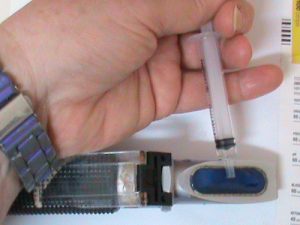
This is where home urine tests get really professional! When you or your vet gets a liquid urine sample, they will use a refractometer to determine the strength or concentration of the urine.
This is a rough guide to the filtering and functional capacity of your cat’s kidneys, so ‘wet’ samples are always better!
In fact you should see if you can get your (senior especially) cat to be practicing to get ‘wet’ samples. But ‘dry’ samples are still very helpful.
Why vets need home urine tests if examining the symptoms of feline diabetes
